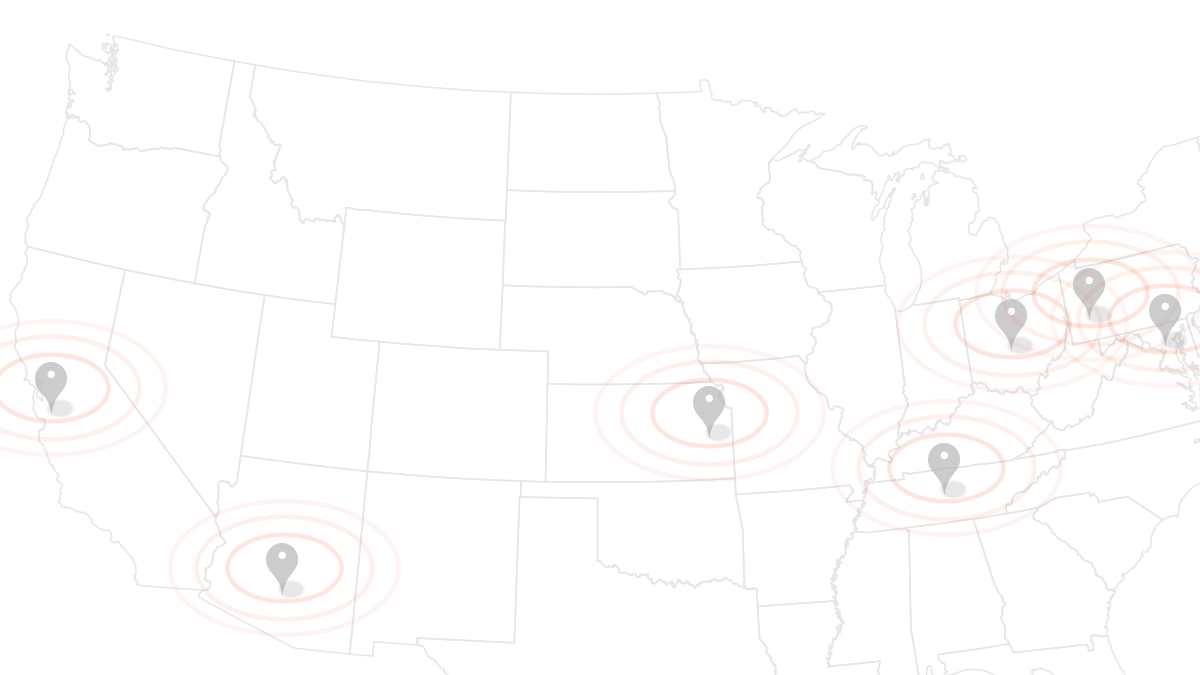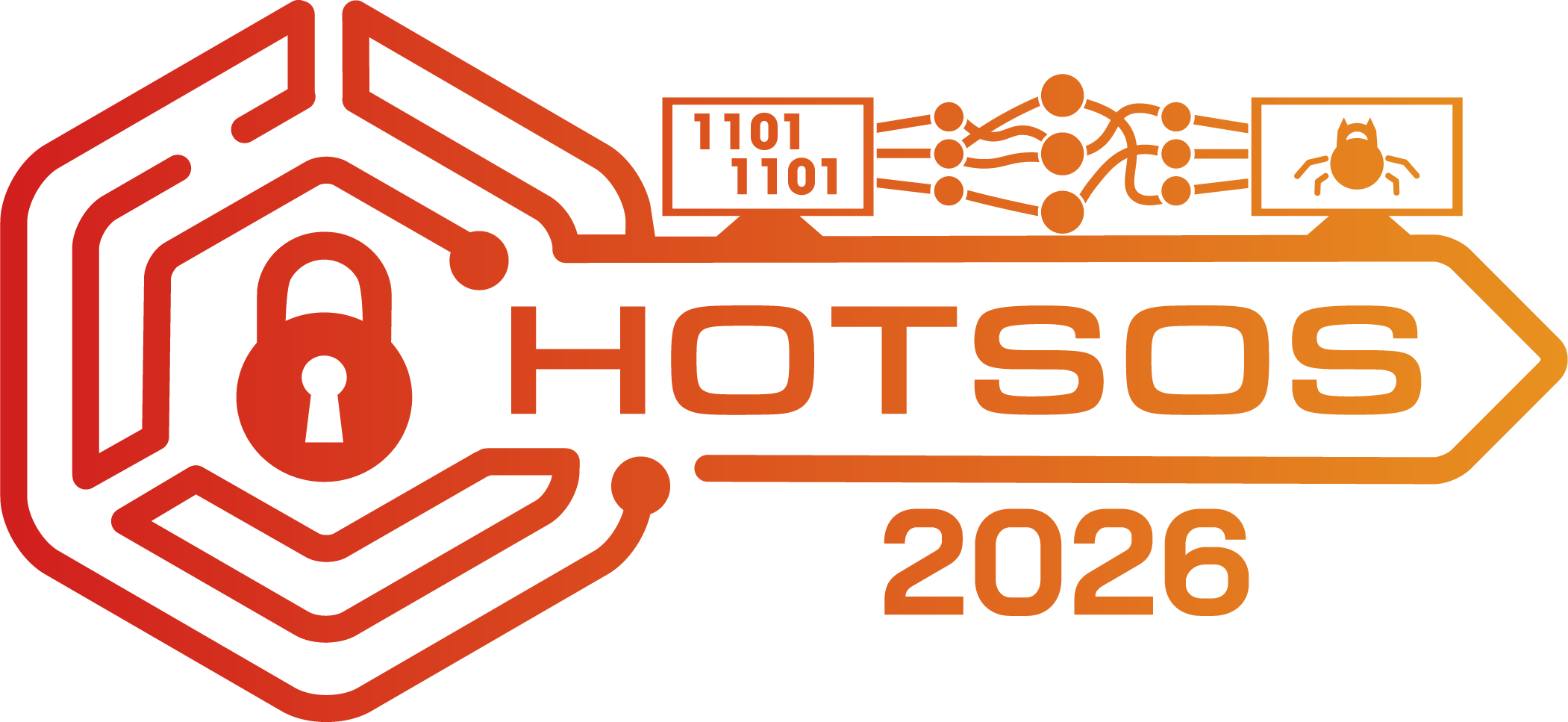 S P E C I A L W O R K S H O P S E S S I O N - W O R K S I N P R O G R E S S (W i P)
S P E C I A L W O R K S H O P S E S S I O N - W O R K S I N P R O G R E S S (W i P) 
In keeping with the goal of collaborative community engagement, this year’s Symposium will again feature a special working session for works in progress (WiP). WiP papers offer an opportunity for authors to get early feedback on a research direction, technology, or idea before it has been fully evaluated, or to discuss systems in an early, pre-prototyping phase. WiP authors will appear on stage with a discussant for up to 45 minutes of in-depth discussion of their submission. Authors are expected to incorporate session feedback into revisions of their manuscript prior to their next submission for publication. Manuscripts accepted for discussion will not be published at the symposium, and access to the submissions will remain confidential and be restricted to session attendees.
Attendees have an opportunity to receive advance copies of the unpublished manuscripts to help further the discussion. If you would like to receive advance copies for a session, please send an email to hotsos2021[at]cps-vo.org noting the title of paper.
SESSION 1: Cloud Security - Tuesday, April 13 at 12:05pm
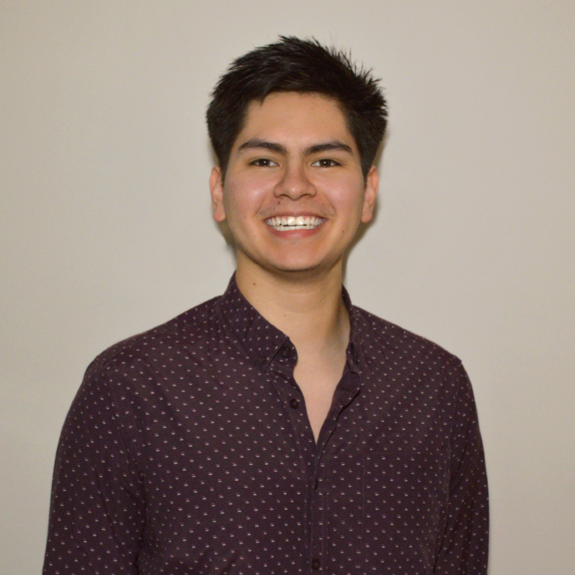 Ross Copeland is in his third year of undergraduate studies at the University of Kansas studying Computer Science. He is a researcher part of the PADLOCK research group at the Information and Telecommunication Technology Center under the advisement of Drew Davidson. He can be contacted at rcopeland@ku.edu
Ross Copeland is in his third year of undergraduate studies at the University of Kansas studying Computer Science. He is a researcher part of the PADLOCK research group at the Information and Telecommunication Technology Center under the advisement of Drew Davidson. He can be contacted at rcopeland@ku.edu
 Drew Davidson is an Assistant Professor in the Electrical Engineering and Computer Science department at the University of Kansas and a researcher at the Information and Telecommunication Technology Center. His research group, PADLOCK, is broadly focused on computer security and privacy with an emphasis on principled, usable systems. Prior to his position at the University of Kansas, Drew was a founding engineer at Tala Security. He may be contacted at drewdavidson@ku.edu
Drew Davidson is an Assistant Professor in the Electrical Engineering and Computer Science department at the University of Kansas and a researcher at the Information and Telecommunication Technology Center. His research group, PADLOCK, is broadly focused on computer security and privacy with an emphasis on principled, usable systems. Prior to his position at the University of Kansas, Drew was a founding engineer at Tala Security. He may be contacted at drewdavidson@ku.edu
SESSION 2: To Err is to Be Human - Tuesday, April 13 at 2:00pm & 2:45pm
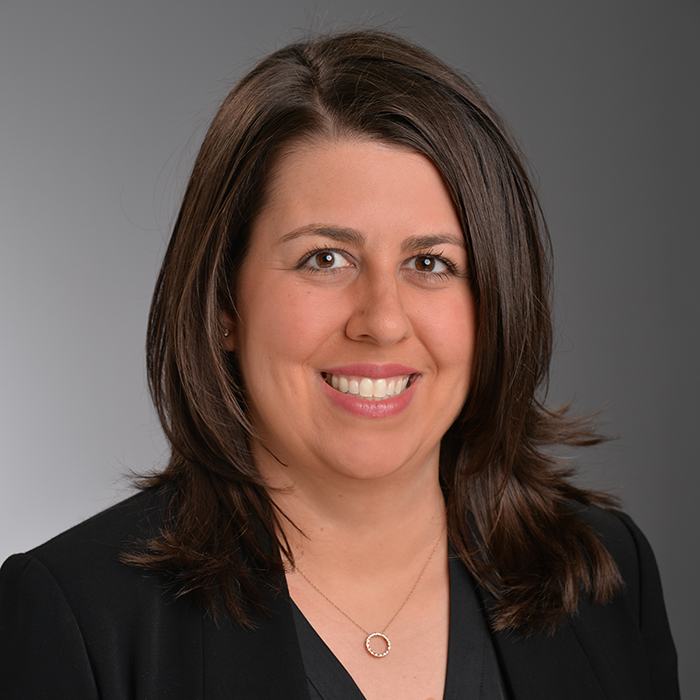 Natalie M. Scala is an associate professor and director of the graduate programs in supply chain management in the College of Business and Economics at Towson University. She earned Ph.D. and M.S. degrees in industrial engineering from the University of Pittsburgh. Her primary research is in decision analysis, with foci on military applications and cybersecurity. Specific projects include army unit readiness, risk in voting systems, cybersecurity metrics and best practices, naval seabasing, nuclear power plants, and workforce planning. She teaches courses on business analytics and created curriculum on the intersections of decision analysis and cybersecurity for the Cyber4All program. Dr. Scala frequently consults to government clients and has extensive professional experience, to include positions with Innovative Decisions, Inc., the United States Department of Defense, the RAND Corporation, and the FirstEnergy Corporation. Her first book, a co-edited volume titled Handbook of Military and Defense Operations Research, was released by CRC Press in early 2020. She is an associate editor for Engineering Management Journal and Military Operations Research and is a Past President of the Military and Security Society of INFORMS. Email: nscala@towson.edu Website: www.drnataliescala.com
Natalie M. Scala is an associate professor and director of the graduate programs in supply chain management in the College of Business and Economics at Towson University. She earned Ph.D. and M.S. degrees in industrial engineering from the University of Pittsburgh. Her primary research is in decision analysis, with foci on military applications and cybersecurity. Specific projects include army unit readiness, risk in voting systems, cybersecurity metrics and best practices, naval seabasing, nuclear power plants, and workforce planning. She teaches courses on business analytics and created curriculum on the intersections of decision analysis and cybersecurity for the Cyber4All program. Dr. Scala frequently consults to government clients and has extensive professional experience, to include positions with Innovative Decisions, Inc., the United States Department of Defense, the RAND Corporation, and the FirstEnergy Corporation. Her first book, a co-edited volume titled Handbook of Military and Defense Operations Research, was released by CRC Press in early 2020. She is an associate editor for Engineering Management Journal and Military Operations Research and is a Past President of the Military and Security Society of INFORMS. Email: nscala@towson.edu Website: www.drnataliescala.com
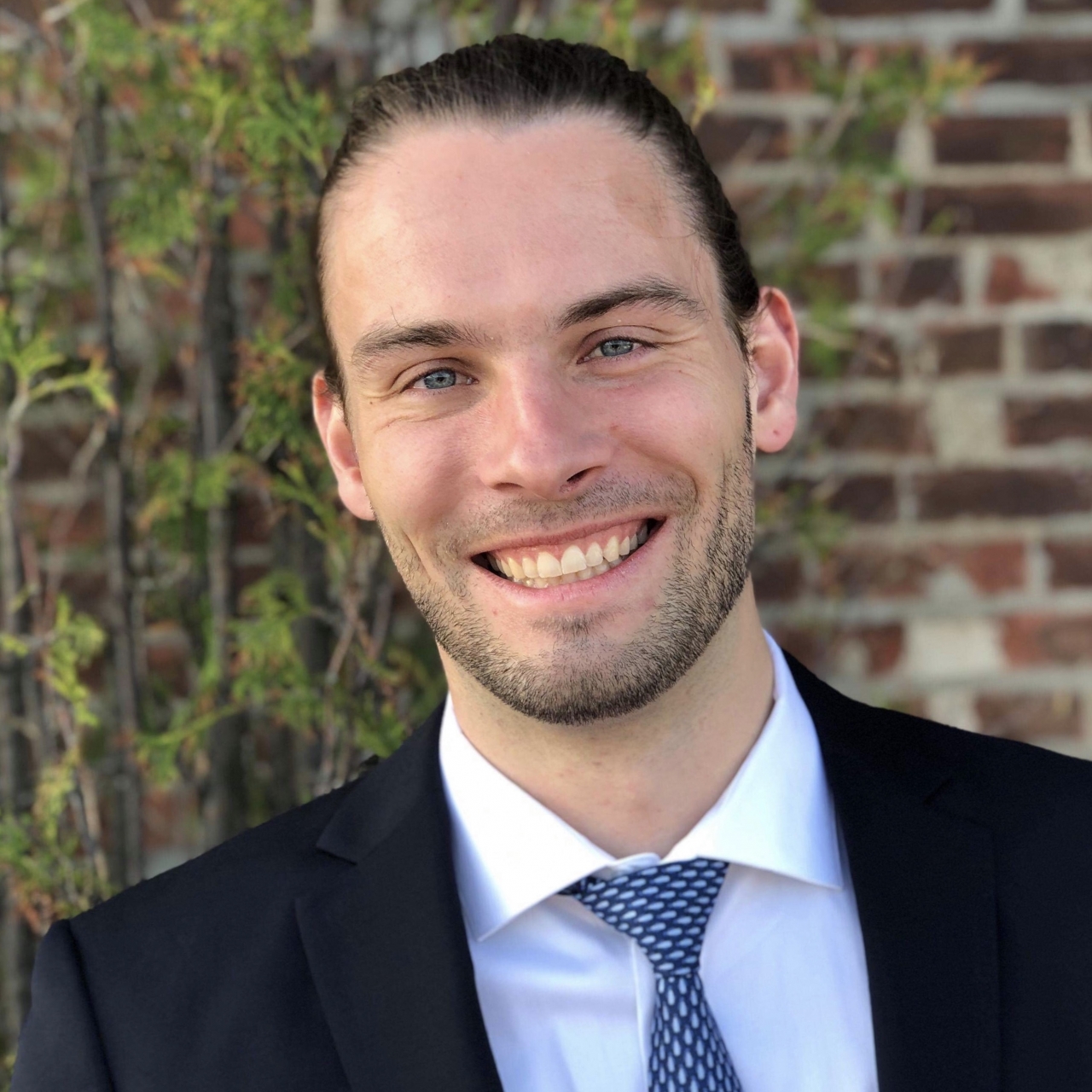 Dennis Roellke is pursuing his Ph.D. in Computer Science at Columbia University. His interest in emerging cyber threats motivated a longitudinal study of phishing campaigns that was the first study to reveal an increasing trend of phishing for personally identifiable information (PII). Today he and his advisor, Professor Salvatore Stolfo, investigate ways of mitigating e-crime campaigns through deception. Dennis earned his B.S. and M.S. from Ruhr University Bochum where he worked with Professor Thorsten Holz. He is also working on program analysis for bug finding with Professor Suman Jana and he is the founder of Columbia University‘s cybersecurity club.
Dennis Roellke is pursuing his Ph.D. in Computer Science at Columbia University. His interest in emerging cyber threats motivated a longitudinal study of phishing campaigns that was the first study to reveal an increasing trend of phishing for personally identifiable information (PII). Today he and his advisor, Professor Salvatore Stolfo, investigate ways of mitigating e-crime campaigns through deception. Dennis earned his B.S. and M.S. from Ruhr University Bochum where he worked with Professor Thorsten Holz. He is also working on program analysis for bug finding with Professor Suman Jana and he is the founder of Columbia University‘s cybersecurity club.
SESSION 4: Flanking the Defense - Wednesday, April 14 at 11:35am
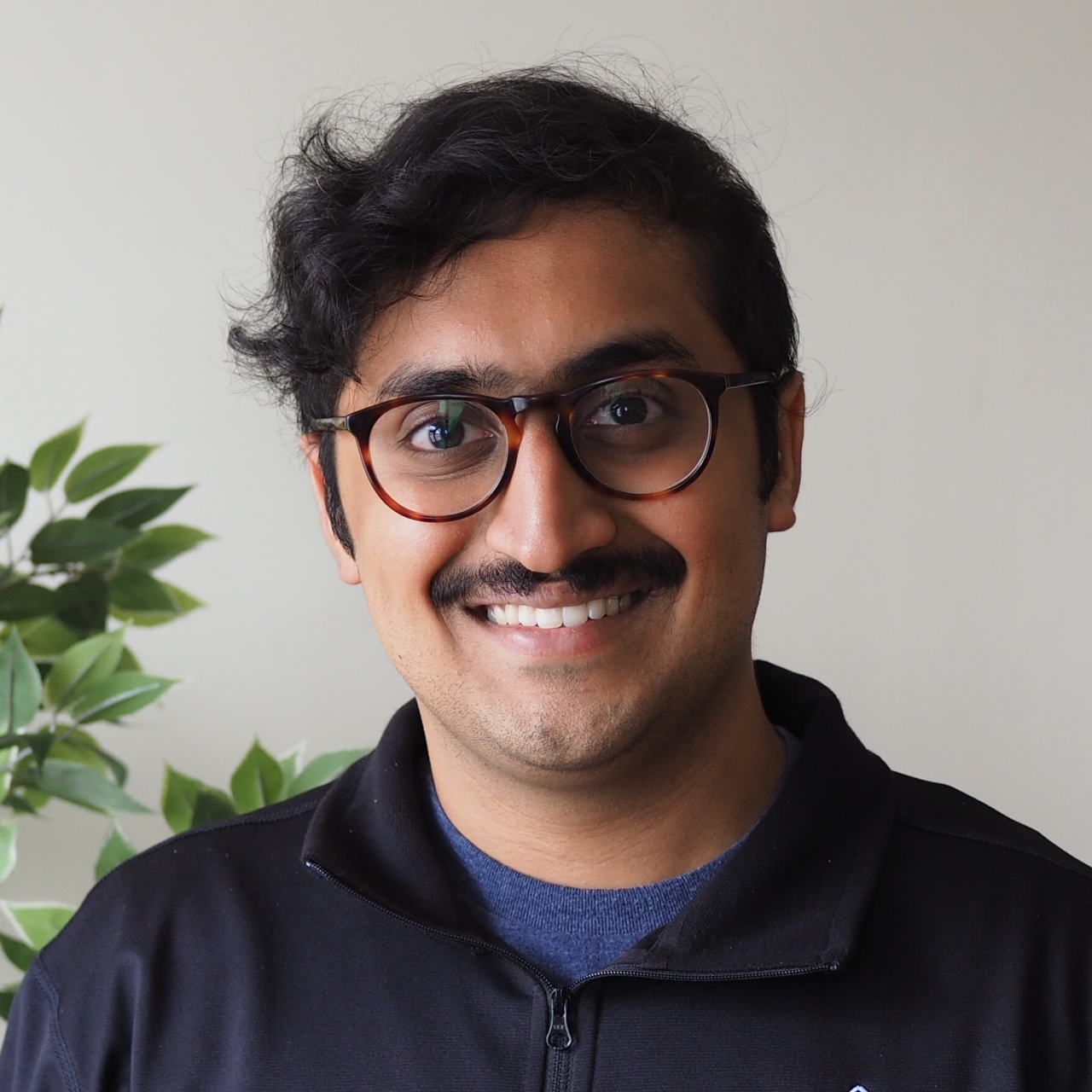 Tushar Jois is a third-year PhD candidate at Johns Hopkins University, studying computer security under his advisor Dr. Avi Rubin. He received his BS and MSE degrees in computer science from Johns Hopkins. His primary research interests are in systems, software, and network security, with emphasis on security and privacy for personal devices: protecting users and their everyday data from prying eyes.
Tushar Jois is a third-year PhD candidate at Johns Hopkins University, studying computer security under his advisor Dr. Avi Rubin. He received his BS and MSE degrees in computer science from Johns Hopkins. His primary research interests are in systems, software, and network security, with emphasis on security and privacy for personal devices: protecting users and their everyday data from prying eyes.
SESSION 5: Humans aren't only Users - Wednesday, April 14 at 3:05pm
 Leysan Nurgalieva is an ALECS Marie Skłodowska Curie postdoctoral fellow at the School of Computer Science and Statistics, Trinity College Dublin. She is a member of the Health Technology Design group led by Dr Gavin Doherty. Her research expertise lies in the areas of human-centred design and usable security and privacy in digital health. In her research, she investigates topics of acceptability, accessibility, efficiency, and data protection in digital health and wellbeing systems from the point of view of various stakeholders: developers and designers, healthcare professionals, and users of such systems, including vulnerable populations such as older adults and mental health patients. She has obtained a PhD degree in Computer Science in 2019 from the Department of Information Engineering and Computer Science, University of Trento, Italy.
Leysan Nurgalieva is an ALECS Marie Skłodowska Curie postdoctoral fellow at the School of Computer Science and Statistics, Trinity College Dublin. She is a member of the Health Technology Design group led by Dr Gavin Doherty. Her research expertise lies in the areas of human-centred design and usable security and privacy in digital health. In her research, she investigates topics of acceptability, accessibility, efficiency, and data protection in digital health and wellbeing systems from the point of view of various stakeholders: developers and designers, healthcare professionals, and users of such systems, including vulnerable populations such as older adults and mental health patients. She has obtained a PhD degree in Computer Science in 2019 from the Department of Information Engineering and Computer Science, University of Trento, Italy.
Alisa Frik is a research scientist at the International Computer Science Institute (ICSI) and a postdoctoral researcher at the University of California, Berkeley. She is a member of the Berkeley Laboratory for Usable and Experimental Security (BLUES), under the direction of Dr. Serge Egelman, and the Privacy Economics Experiments Lab at Carnegie Mellon University, under the direction of Prof. Alessandro Acquisti. She applies her expertise in behavioral and experimental economics and decision-making, behavior change and choice architecture, and experience in survey and interview design, online, lab and field experiments, and experience sampling to investigate privacy and security attitudes and behaviors of regular and underrepresented populations of online users (such as older adults, employees of civil society organizations, domestic workers and nonprimary user groups). She explores how contextual and human factors, including trust, heuristics and biases, as well as behavioral interventions, such as personalized nudges, commitments, and privacy-enhancing tools, affect users’ behaviors and decisions. She focuses not only on web and mobile privacy and security, but also on emerging technologies in healthcare, Internet of Things, digital advertising, smart voice assistants, and Augmented Reality apps. She has obtained a Ph.D. degree in Economics at the School of Social Sciences, University of Trento, Italy.
SESSION 6: Saving the Physical World from Cyber - Thursday, April 15 at 11:35am
 Himanshu Neema is a Research Assistant Professor of Computer Science at Vanderbilt University. He holds a MS and PhD in Computer Science from Vanderbilt University. Dr. Neema researches in the general area of model-based design and modeling and simulation of Cyber-Physical Systems and their integrated simulation with hardware- and humans- in the loop. His research interests also include Resilient Systems, System Security, Design Automation, Design Space Exploration, Machine Learning, and Smart Grids. Dr. Neema has 22 years of experience in research and development of software applications covering above areas and has co-authored more than 50 publications. He is the creator of the model-based simulation integration and rapid experimentation framework called Cyber-Physical Systems Wind Tunnel (CPSWT), which has been recently successfully transitioned to the US National Institute of Standards and Technology (NIST).
Himanshu Neema is a Research Assistant Professor of Computer Science at Vanderbilt University. He holds a MS and PhD in Computer Science from Vanderbilt University. Dr. Neema researches in the general area of model-based design and modeling and simulation of Cyber-Physical Systems and their integrated simulation with hardware- and humans- in the loop. His research interests also include Resilient Systems, System Security, Design Automation, Design Space Exploration, Machine Learning, and Smart Grids. Dr. Neema has 22 years of experience in research and development of software applications covering above areas and has co-authored more than 50 publications. He is the creator of the model-based simulation integration and rapid experimentation framework called Cyber-Physical Systems Wind Tunnel (CPSWT), which has been recently successfully transitioned to the US National Institute of Standards and Technology (NIST).
SESSION 7: Go Where I Send Thee - Thursday, April 15 at 1:20pm and 2:05pm
 Vaibhav Garg is a second year PhD student at North Carolina State University. His research interests include applying natural language processing techniques to uncover privacy vulnerabilities of mobile apps.
Vaibhav Garg is a second year PhD student at North Carolina State University. His research interests include applying natural language processing techniques to uncover privacy vulnerabilities of mobile apps.
Shanto Roy is Ph.D. student at the University of Houston. He is a Research Assistant in the Resilient Networks and Systems Lab, which he joined in the fall 2019 semester. His research interests revolve around cybersecurity, data science & ML, SDN, and cloud-IoT ecosystems. Earlier, he earned his B.Sc. and M.Sc. in Information Technology from Jahangirnagar University, Bangladesh in 2015 and 2016 respectively. Later, he served as a lecturer in the Department of Computer Science at the Green University of Bangladesh from 2016 to 2019. In the meantime, he contributed to several cloud-IoT ecosystem security and optimization projects. Currently, his research work focuses on cyber deception, an approach to minimize security risks by deceiving and misdirecting adversaries, and strategic remote attestation.
